
Pennsylvania’s Big Program to Save Rural Hospitals Gets Mixed Financial Reviews
Stable Payments Improved Margins But Not Liquidity, New LDI Analysis Finds
Improving Care for Older Adults
News
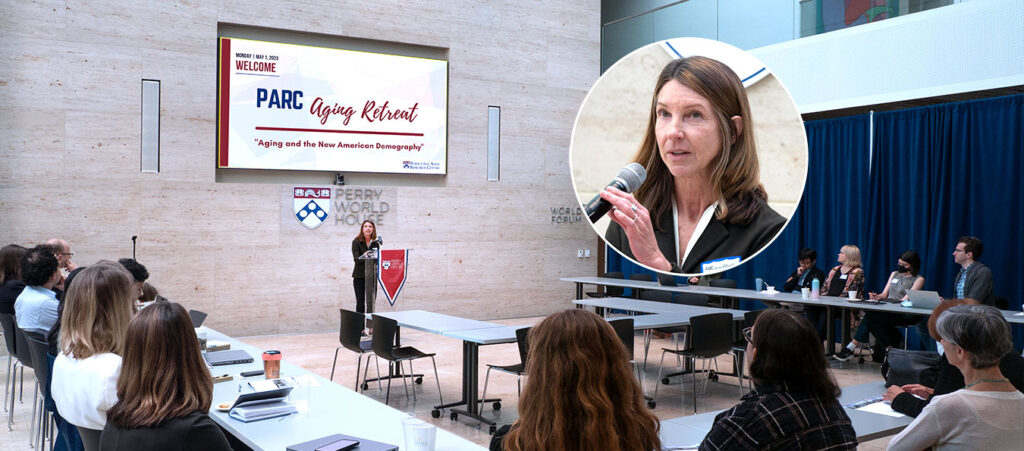
The second annual University of Pennsylvania Population Aging Research Center (PARC) Aging Retreat focused on the dramatic demographic changes that represent one of the American health care system’s most daunting challenges as its population continues to skew ever older.
Co-Directed by LDI Senior Fellows Norma Coe and Hans-Peter Kohler, PARC was established in 1994 with a grant from the National Institute on Aging. The organization brings together multidisciplinary health services researchers from seven of Penn’s Schools to study the demography and economics of aging, with a particular focus on aging in marginalized minority and ethnic populations.
Coe, PhD, is an Associate Professor of Medical Ethics and Health Policy at the Perelman School of medicine with research interests in health economics and public finance. Kohler, PhD, is a Professor of Demography in the Department of Sociology with research interests in fertility and health in developing and developed countries.
The day-long Aging Retreat on May 1 at Penn’s Perry World House featured 14 speakers who presented on the latest research looking ahead at what the sweeping demographic changes mean for the economy of health care, health equity, and the wellbeing of both the ballooning elderly population and its caregivers.
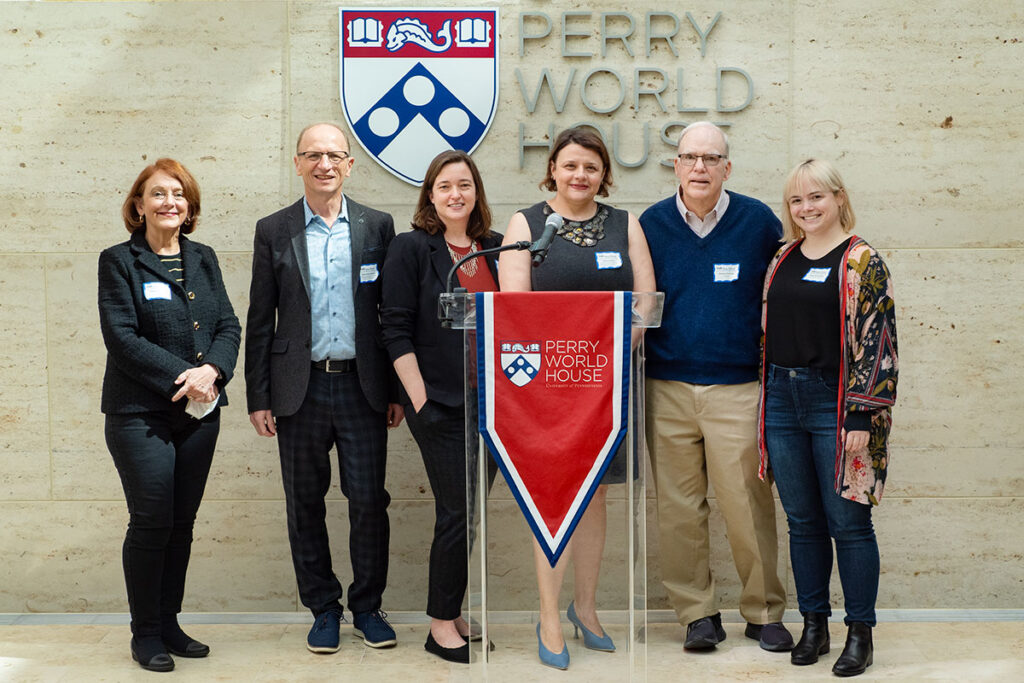
In the opening keynote presentation, Julie Zissimopoulos, PhD, Professor and Co-Director of the Aging and Cognition Research Program at the Schaeffer Center for Health Policy and Economics at the University of Southern California discussed the Center’s dynamic microsimulation models that project the effects of changes in health, policy and technological advances on the aging experience. She pointed out that the “longevity revolution” of the 20th century was in part achieved by medical research’s primary focus on the diagnosis and treatment of individual diseases.
But in the current century, she noted, “old age” occurs over a much longer period and the disease burden it facilitates is very different from a century ago. Longevity and population aging have led to high numbers of persons with diseases most common at old age such as Alzheimer’s disease. In addition, as people live longer, clusters of disease conditions become commonplace. She estimated that 37% of Americans older than 65 have four or more chronic conditions and that this “cluster” morbidity phenomenon leads to frailty and disabilities and many more years of complex, extensive, and expensive health care.
Zissimopoulos and colleagues utilized dynamic microsimulation to understand the value of a scientific advance that delays aging and the value of an innovations that delays the onset of Alzheimer’s disease. They compared population health and health care costs that would result from these scientific advances to those that would result if medical technology remained as it is today, that is under a ‘status quo’ scenario.
The delayed aging strategy resulted in 87.2 million people–or a 16% increase in non-disabled people–by 2060 compared to the ‘status quo’. However, the population health improvements come at a cost; from 2010 to 2060, costs of Medicare, Medicaid, Social Security and Supplemental Security Income programs would increase by $3 trillion relative to the status quo.
Innovations that delayed the onset of Alzheimer’s disease by five years, on the other hand, led to a 41% reduction of older Americans living with the disease in 2050 and a decrease in medical, long-term care and informal caregiving costs of over $600 billion compared to the status quo.
She concluded by noting that policy and health care systems will also need to progress and innovate for society to realize gains from scientific advances.

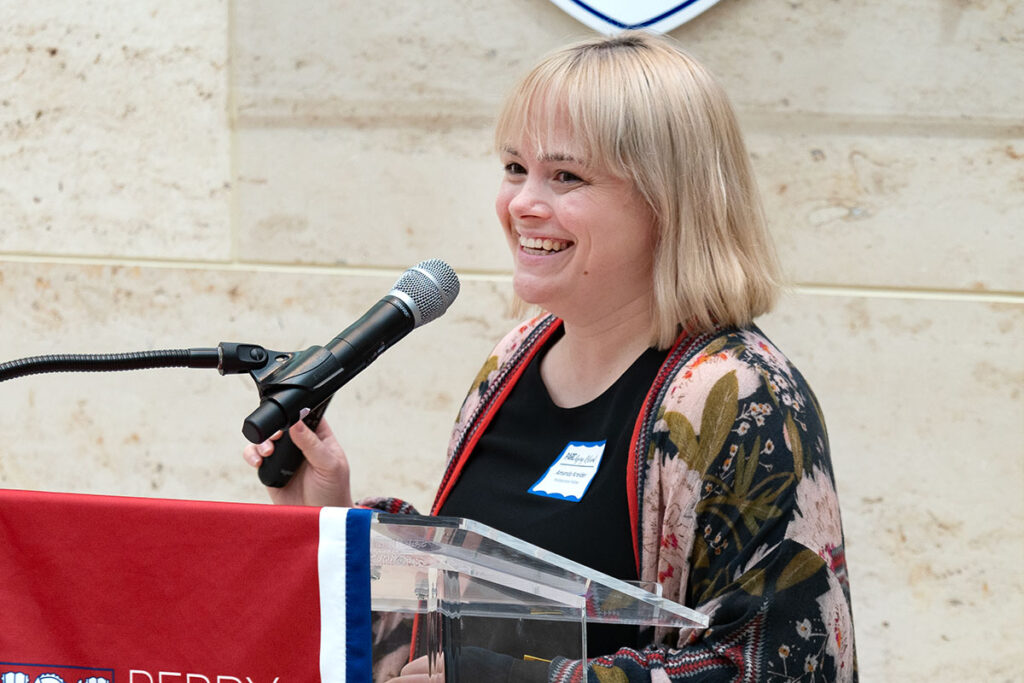

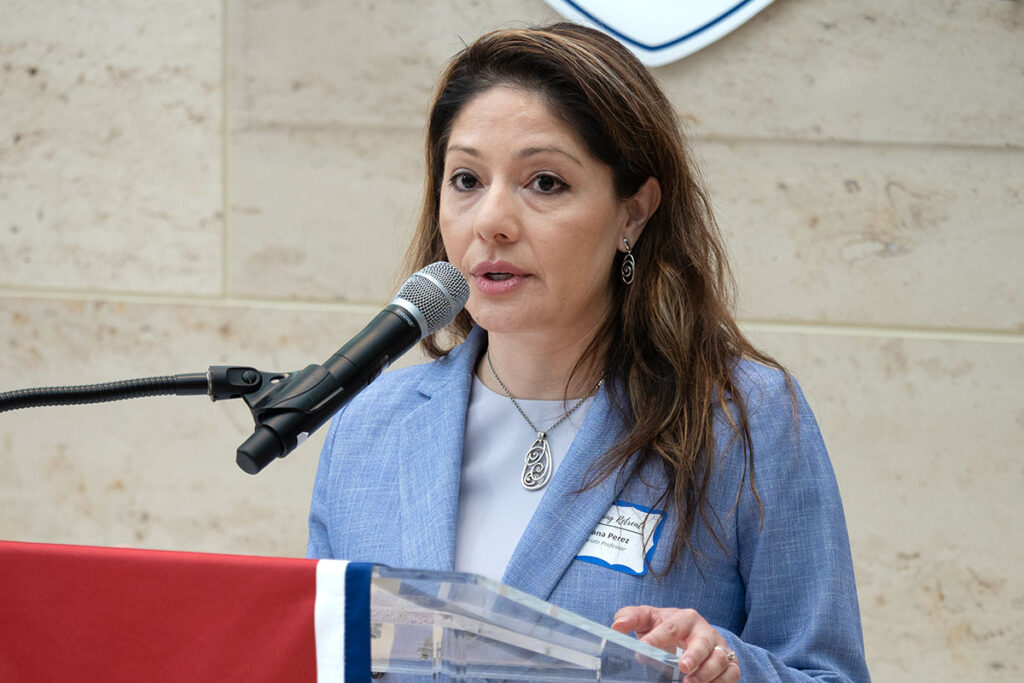
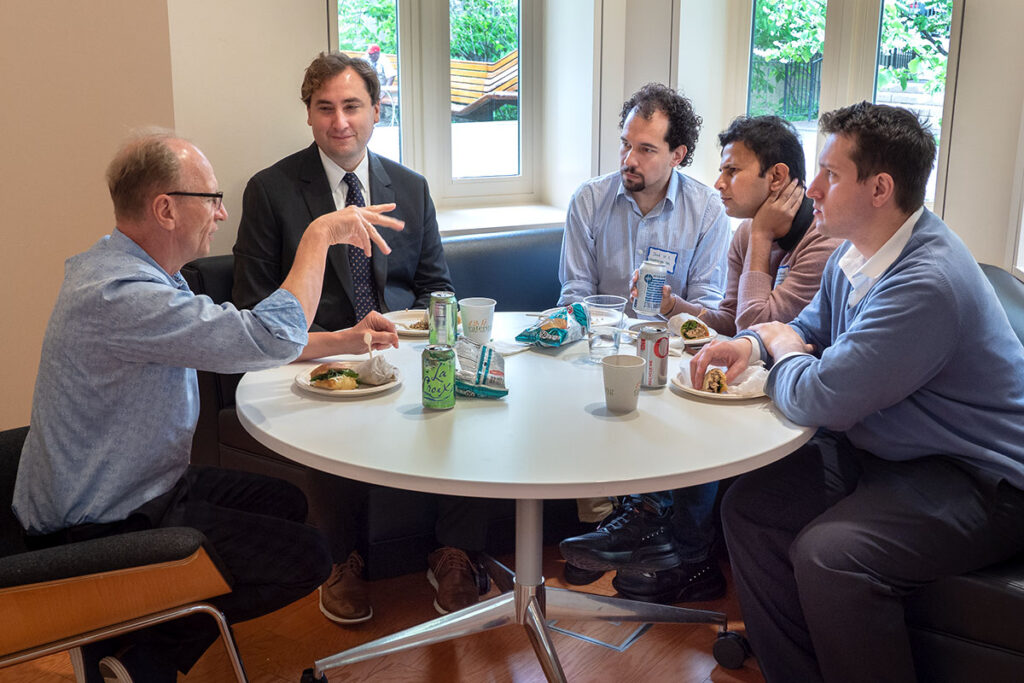
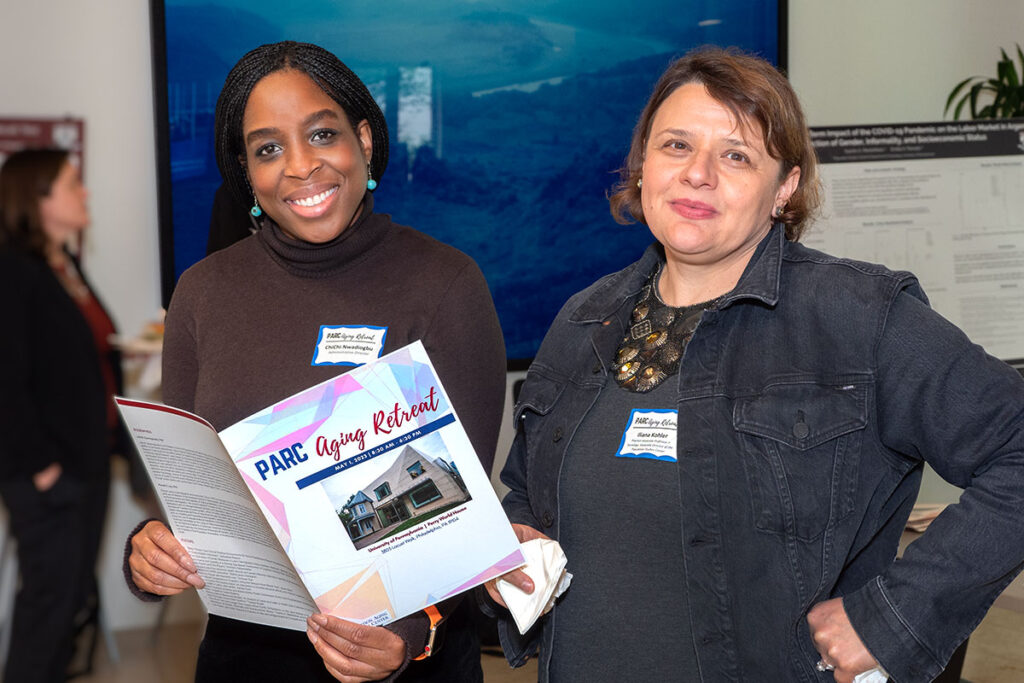
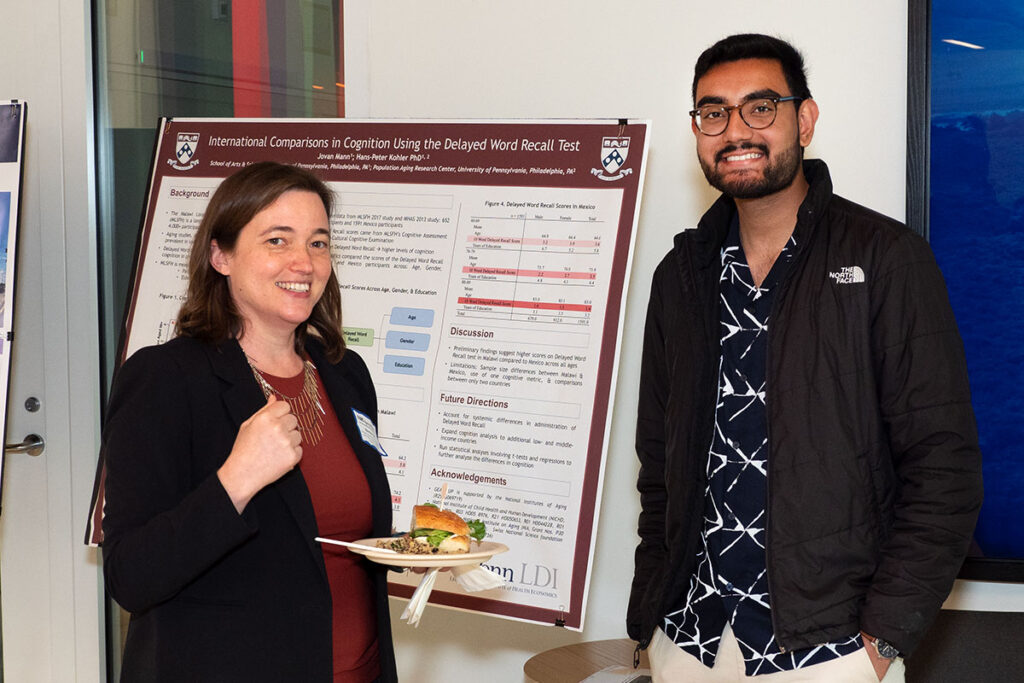
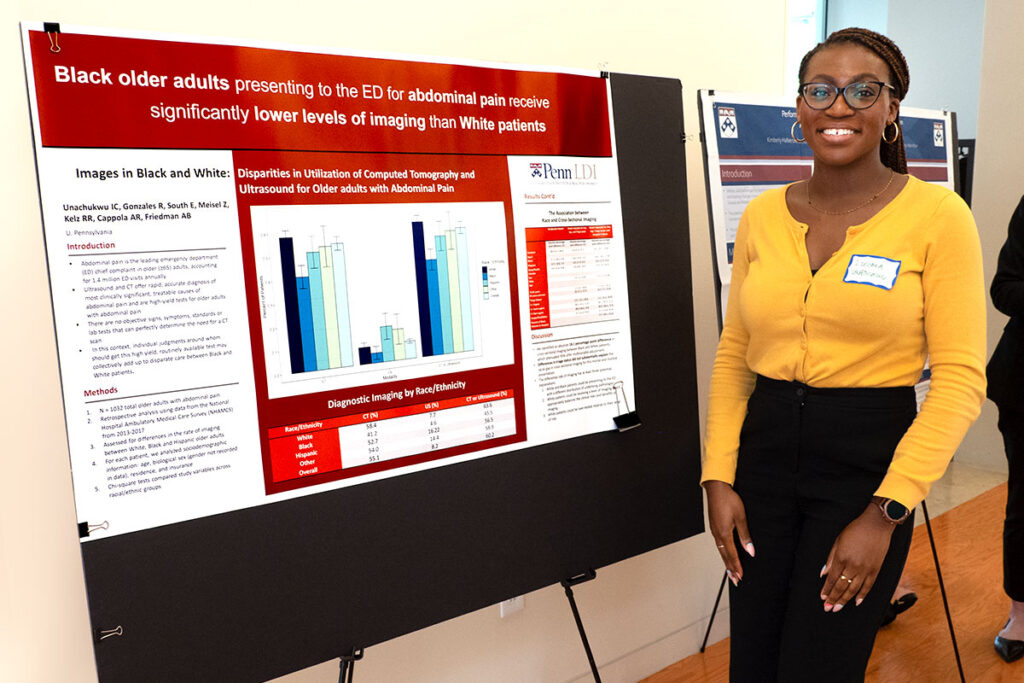
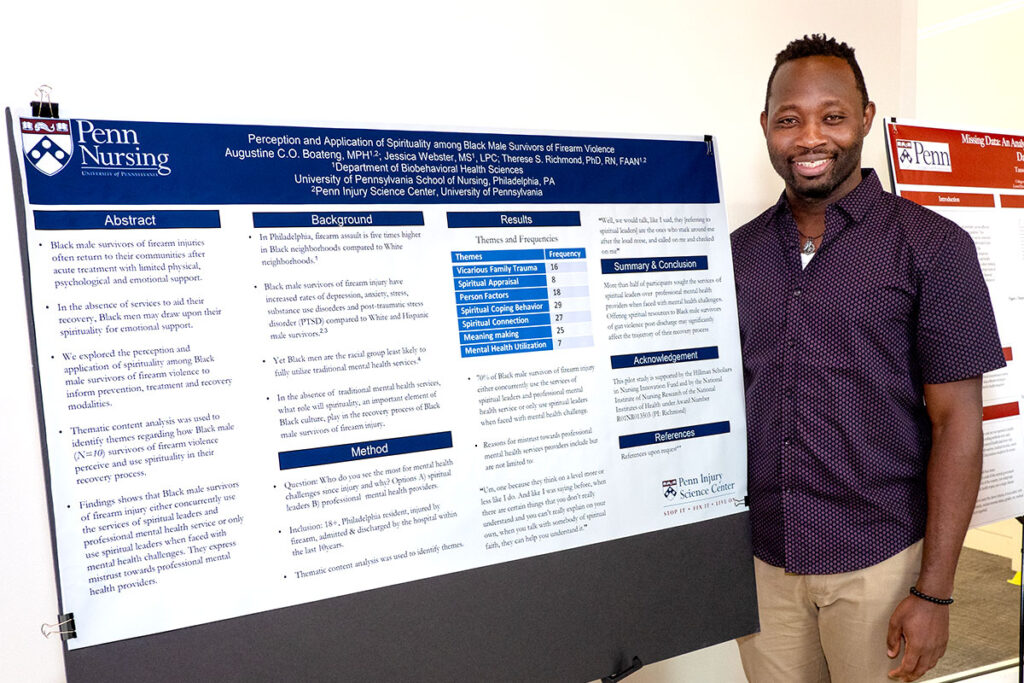
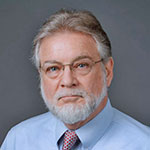

Stable Payments Improved Margins But Not Liquidity, New LDI Analysis Finds

LDI Senior Fellow Cited for “Significant Contributions” in Research

Outdated Laws Target Black and Queer Lives in Over 30 States, Fueling a Deadly Disease

Selected for Current and Future Research in the Science of Amputee Care
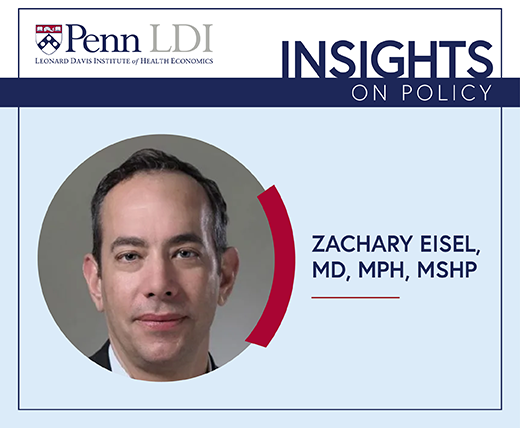
Research Memo: Delivered to House Speaker Mike Johnson and Majority Leader John Thune

Research Memo: Delivered to House Speaker Mike Johnson and Majority Leader John Thune